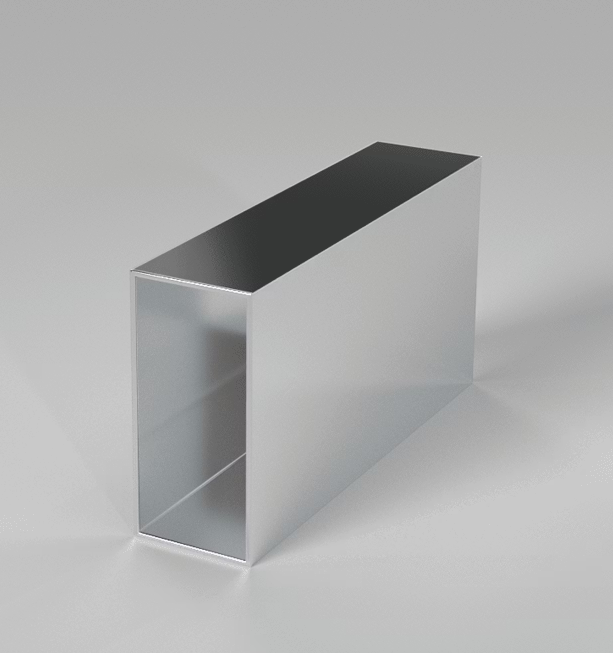Mechanical equipment, whether it’s a robust hydraulic system or intricate plumbing setup, is a cornerstone of many operations. Proper maintenance can make all the difference in extending its life. Here’s how you can ensure your machinery remains in peak condition.
Regular Maintenance Checks
Routine checks are your first line of defense against premature wear and tear. Mechanical equipment thrives on regular attention. For instance, hydraulic cylinders should be inspected for signs of leaks or unusual noises. These early warnings can help you address minor issues before they become major problems. Regular lubrication and cleaning are equally important. They prevent the buildup of grime and ensure smooth operation.
Hydraulic Cylinder Repair
Hydraulic cylinders are vital for many machines, from construction equipment to manufacturing tools. When a hydraulic cylinder starts to malfunction, it’s not just an inconvenience; it can lead to severe damage. Identifying issues early—like reduced power or erratic movement—can save you from costly repairs. Proper hydraulic cylinder repair involves more than just fixing leaks; it often requires precision work to replace seals and address internal damage. Professional repair services can restore your cylinder to its original functionality, helping you avoid downtime and extend its operational life.
Plumbing Parts
Plumbing parts, from valves to pipes, play a crucial role in many mechanical systems. Keeping these components in top shape is essential. Regular inspections can help you spot corrosion or blockages before they become serious issues. For example, if you notice a drop in pressure or strange noises in your plumbing system, it might be time to check the valves or connections. Replacing worn-out parts before they fail can prevent more significant disruptions and extend the life of your equipment.
Proper Usage and Handling
How you use and handle your equipment can significantly impact its longevity. Overloading machinery or using it beyond its designed capacity can cause excessive strain and accelerate wear. For example, operating a hydraulic press at maximum capacity continuously can lead to faster degradation of its components. Following the manufacturer’s guidelines and operating within recommended limits is essential. Proper training for operators also ensures that equipment is used correctly and efficiently.
Environmental Factors and Their Impact
Environmental conditions play a significant role in the lifespan of mechanical equipment. Exposure to extreme temperatures, moisture, or corrosive substances can shorten its life. For hydraulic systems, it’s crucial to protect them from contaminants and excessive heat. In areas prone to high humidity, consider using protective coatings to shield plumbing parts from rust and corrosion. Ensuring proper ventilation and environmental controls can help mitigate these factors and preserve your equipment’s functionality.
Keeping Records and Planning Ahead
Finally, keeping detailed records of maintenance activities and repairs is essential. These records help you track the performance and condition of your equipment over time. For instance, knowing the last date of hydraulic cylinder repair or when plumbing parts were last replaced can inform your maintenance schedule. Planning ahead for regular check-ups and potential upgrades can prevent unexpected failures and extend the life of your equipment.
Extending the life of your mechanical equipment involves a blend of regular maintenance, timely repairs, proper usage, and attention to environmental factors. By focusing on key aspects like hydraulic cylinder repair and plumbing parts, you can keep your machinery running smoothly and efficiently for years to come.













